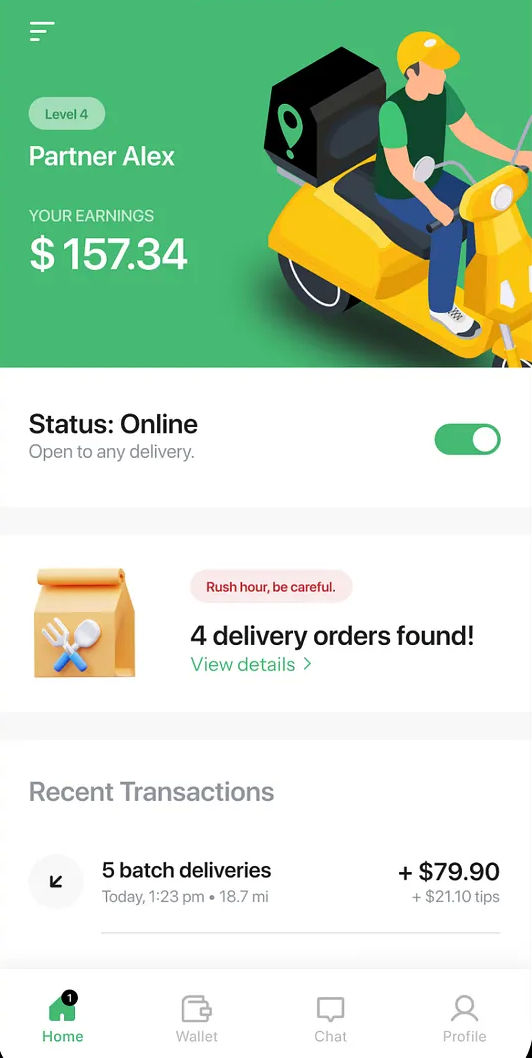Build your online store in minutes with ease
Create strong online presence of your business with personalized eCommerce website and mobile application.
Exclusive early adopters
Trusted by 100+ businesses
You can get an eCommerce website and app for any business type such as clothing, grocery, agriculture, distribution, D2C, restaurant, cloud kitchen, dairy, bakery and much more



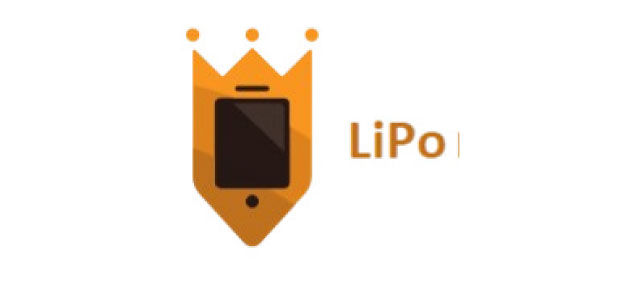












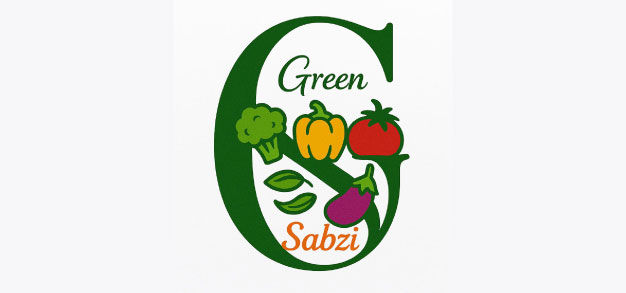















Complete Ecosystem
Everything you need to manage your online and offline business
With Build my store, create your own brand's ecommerce app, website and sync it with an ePOS if you have your offline store.

Sell without limits. Growth for your Business without Limits
Sell without limits with easy to use eCommerce website and mobile app. With BuildMyStore, build your own brand identity and take your business to the next level.
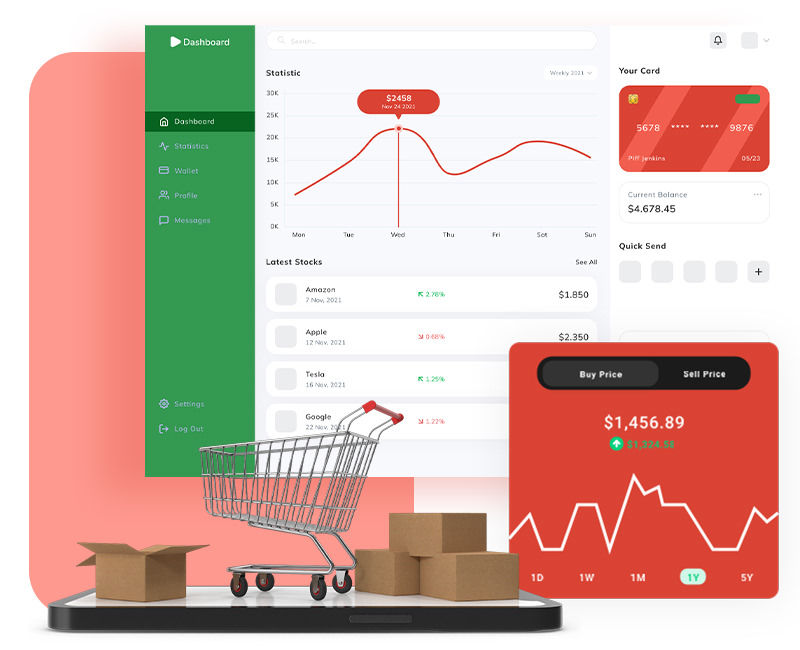
Advanced Inventory Management Dashboard.
Take full control of your store with our intuitive, no-code dashboard—designed to simplify operations and keep everything in one place. From inventory to sales, streamline your entire business effortlessly.
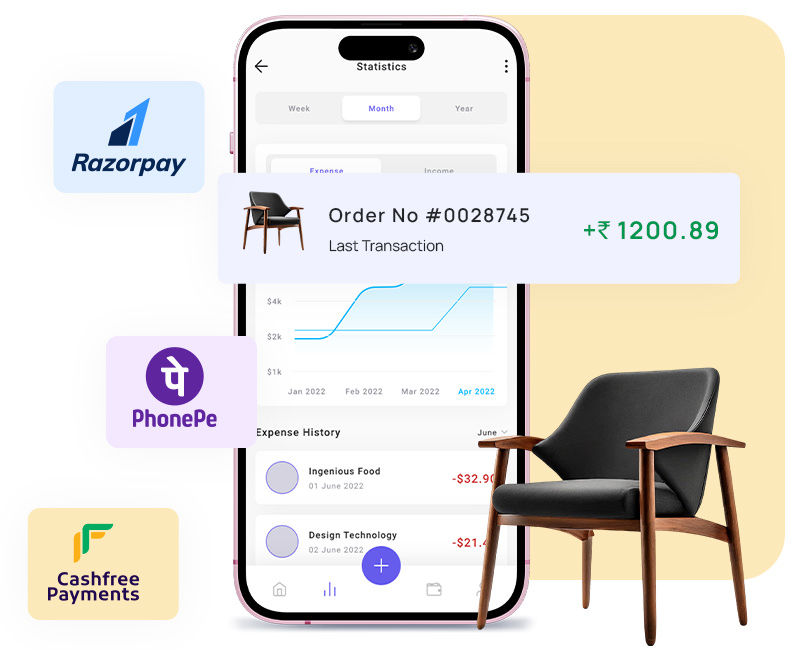
Trusted & Secured Payment Gateway.
Integrate your own Razorpay payment gateway account in 2 minutes or use ours, the choice is yours.
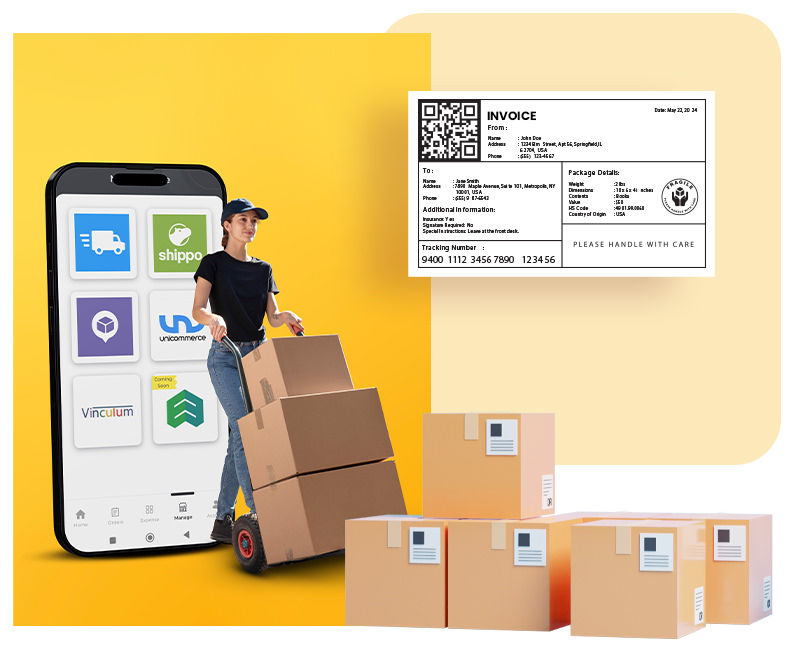
Ship with multiple logistics partners.
Integrate your own Shiprocket account or use Buildmystore to ship. You can use your own Shiprocket account and not distrub your existing shipment process or choose to ship using Buildmystore.

Get a dedicated account manager.
In the enterprise plan, get a fully dedicated account manager. Reach out to your dedicated account manager to resolve your queries on priority basis. We offer standard and premium support to resolve your queries.
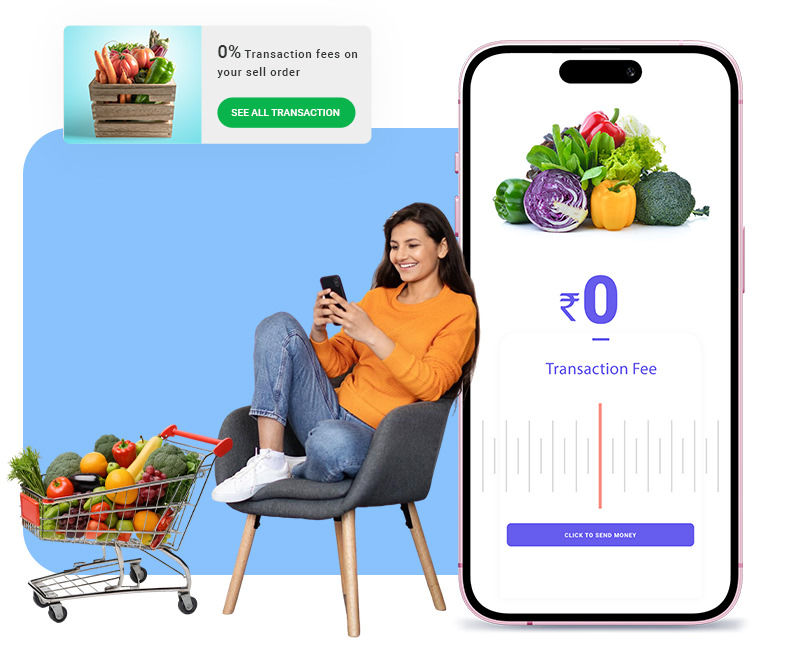
Zero transaction fee or commission*.
We offer plans without any transaction fee as well. If you do not want to pay transaction fee, no worries, pick a different plan. We offer multiple plans.

Affordable Pricing.
Best & affordable plans to build an eCommerce website and mobile app for single and multi vendor or ePOS software for your offline store.
Testimonials
Loved by growing brands
Don't just take our word for it—hear from the entrepreneurs who are scaling their digital presence and reaching more customers with BuildMyStore.
Build my Store is a lifesaver! They built my online store in minutes, and now my customers, mostly seniors, can easily reorder meds through the user-friendly app. It solved a problem I never knew existed!
From 50 customers to a thriving online dairy with Build my Store! Their E-commerce builder had my personalized Anmol Dairy app up in minutes, bringing in new customers every day.
Running a 200-customer dairy farm like Aakriti Farms, we barely had time to dream of an online presence. Build my Store's E-commerce builder help us connecting directly with our local community.
Feeding 400 college students is a challenge, but Build my Store's app builder made it easy! They whipped us up a mobile app in minutes, for almost nothing. A must have platform for growing business
Build my Store is a lifesaver! They built my online store in minutes, and now my customers, mostly seniors, can easily reorder meds through the user-friendly app. It solved a problem I never knew existed!
From 50 customers to a thriving online dairy with Build my Store! Their E-commerce builder had my personalized Anmol Dairy app up in minutes, bringing in new customers every day.
Start Selling Online!
Lets discuss how BuildMyStore® can be helpful as your eCommerce solution.
Join 500+ businesses growing with Build My Store.
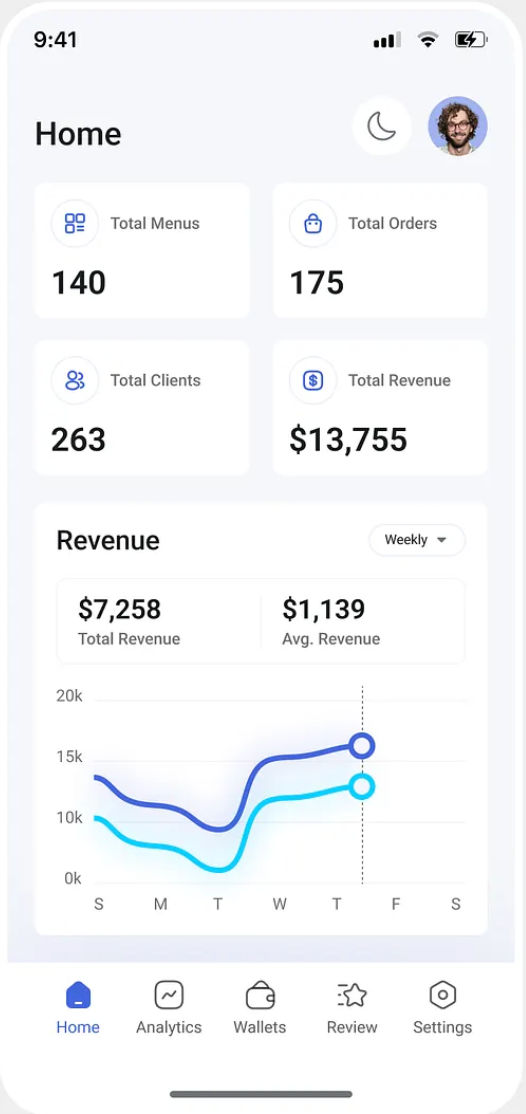
_9QPLCoAz9.png)
